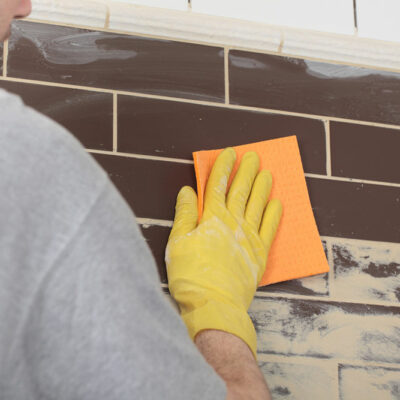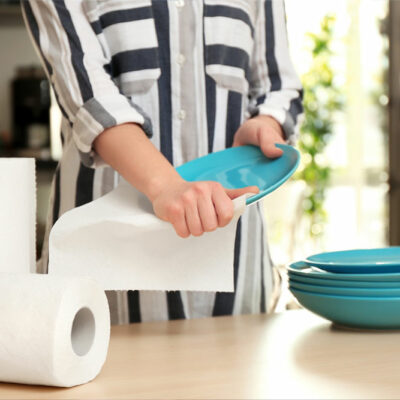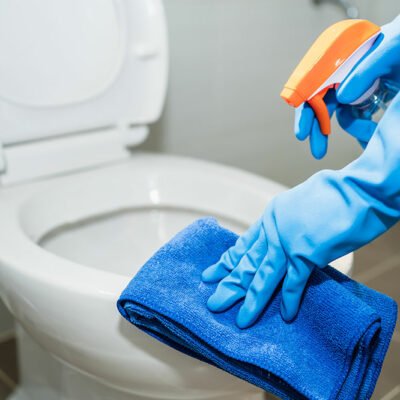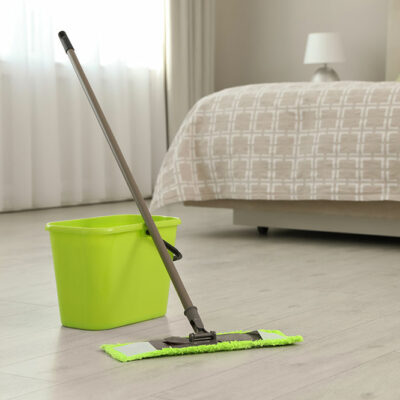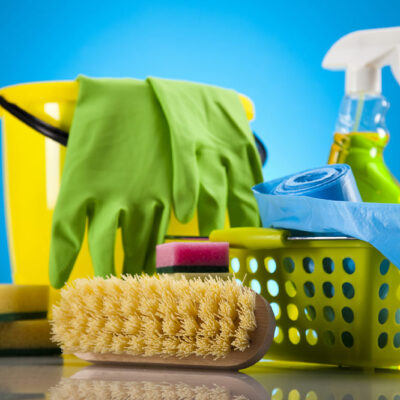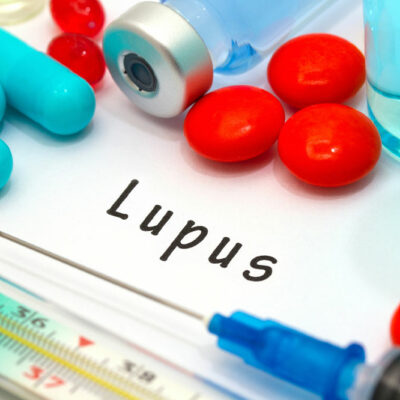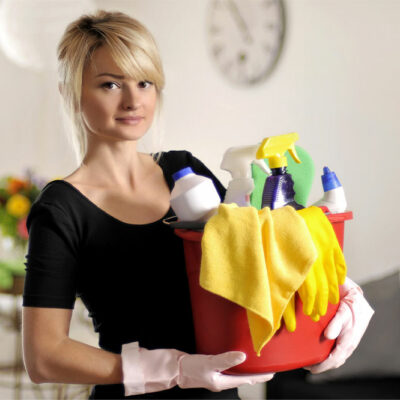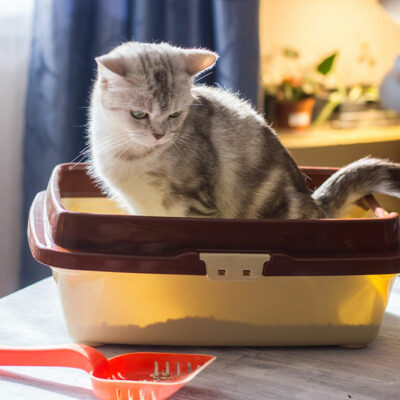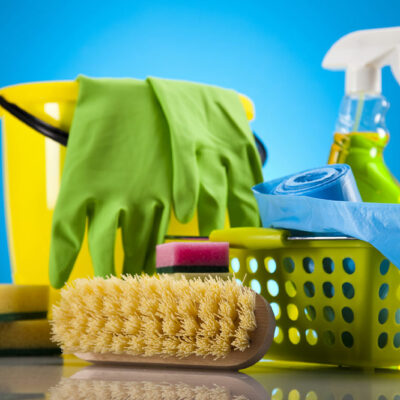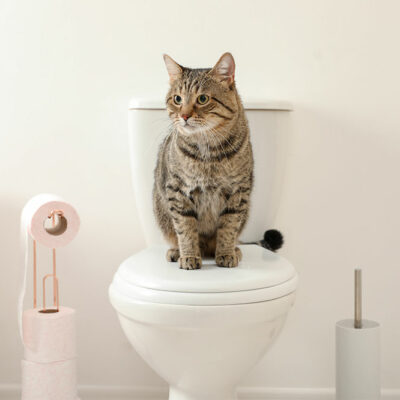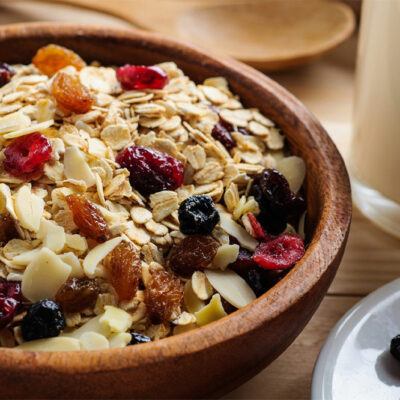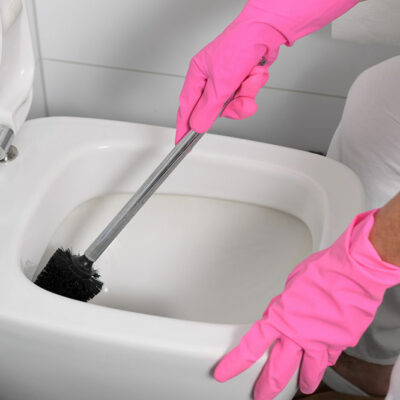
Home and Garden
7 common bathroom cleaning mistakes to avoid
The bathroom is a place of privacy and personal hygiene. However, in the pursuit of an immaculate restroom, many individuals commit common cleaning blunders. A clean bathroom is not merely an aesthetic achievement; it is a sanctuary for health and well-being. To maintain it effectively, one must pay special attention to cleaning practices. This article delves into the prevalent bathroom cleaning mistakes to avoid, ensuring that the bathroom remains a hygienic space. Ignoring regular cleaning A bathroom is a high-traffic area that accumulates dirt, grime, and bacteria quickly. Skipping regular cleaning sessions can lead to the buildup of stubborn stains, unpleasant odors, and a breeding ground for germs. To maintain a clean and healthy bathroom, it’s crucial to establish a cleaning routine that includes regular wiping down of surfaces, disinfecting, and deep cleaning as needed. Using the wrong cleaning products Not all cleaning products are suitable for every surface in the bathroom. Abrasive cleaners can scratch delicate surfaces like marble or granite countertops, while bleach-based products may not be safe for certain fixtures and can release harmful fumes when mixed with other chemicals. To avoid this mistake, always read product labels, follow manufacturer recommendations, and use appropriate cleaning solutions for specific surfaces.

